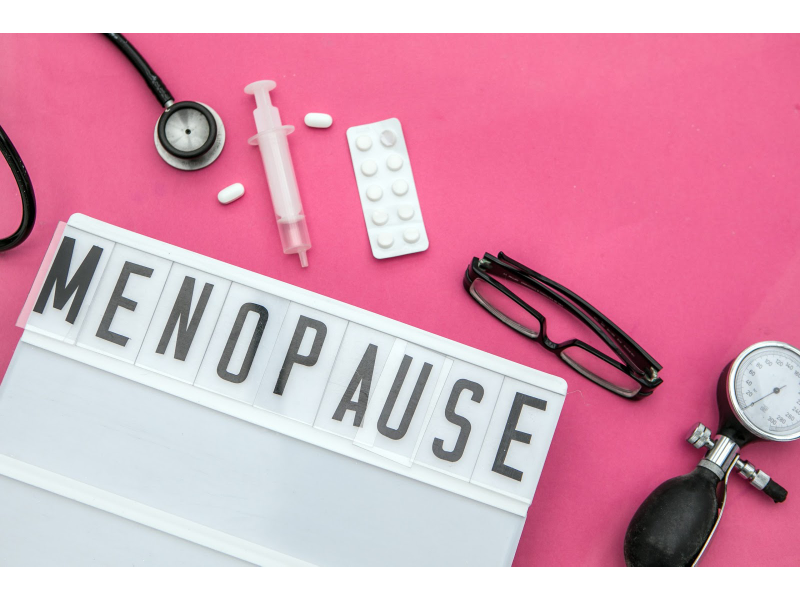A number of health issues are more common in Black women than in White women and women of other races. Diabetes, uterine fibroids, and cervical cancer are just some of the health issues that affect Black women more so than any other race. Although menopause is a natural part of life for all women, it affects Black women differently.
Menopause is the lowering of levels of estrogen and other hormones, which can cause a variety of uncomfortable symptoms. The normal age range for menopause is between 40 and 54 years of age, with the onset of symptoms usually beginning at 51. The most common menopause symptoms are:
- insomnia
- vaginal dryness
- weight gain
- depression and anxiety
- memory problems
- reduced libido
- dry skin, mouth, and eyes
- sore or tender breasts
- headaches
- urinary tract infections (UTIs)
- painful or stiff joints
- reduced bone mass
- increased hair growth on other areas of the body, such as the face, neck, chest, and upper back
Studies have found that Black women are more likely to experience symptoms related to their menopause than their White counterparts. The Study of Women’s Health Across the Nation (SWAN) shows that Black women go into perimenopause and menopause at earlier ages than their white peers, have longer transition periods, and experience hot flashes. These symptoms can increase with age in Black women, while White women often report a decrease in menopausal symptoms with age.
The SWAN study found that Latina women have more complaints of vaginal symptoms, and that Native American women had more hot flashes than any other ethnic group in their thirties and forties prior to menopause. This shows that women of color experience menopause differently than White women.
When asked why Black women experience menopause differently, Dr. Nanette Santoro, the E. Stewart Taylor, Chair of Obstetrics and Gynecology at the University of Colorado School of Medicine, said “My educated guess is that a lot of the differences have their basis in lifestyle, SES (socio-economic status), and other stressors such as systemic racism and their long-term consequences.”
“I have practiced medicine in environments where the menopausal experience of Black women was simply not appreciated. Not knowing that a Black woman is likely to have longer and worse menopausal symptoms does her a disservice, because the clinician might tend to minimize the impact of her symptoms,” further explains Santoro. “Having a better idea of how long symptoms will last is also helpful, and knowing more about differences in the timing of menopause may influence the decisions to do testing, such a bone density screening, and other aspects of menopause care.”
Unfortunately, due to menopause, women, especially Black women, are more at risk of developing certain medical conditions. These conditions include osteoporosis, cardiovascular disease, and urinary incontinence. While menopause symptoms may be worse for Black women, there are ways to control symptoms, such as hormone therapy. Natural remedies like soy products, such as tofu, tempeh, soy milk, and soy nuts may also help with hot flashes.
Source

Boitumelo Masihleho is a South African digital content creator. She graduated with a Bachelor of Arts from Rhodes University in Journalism and Media Studies and Politics and International Studies.
She’s an experienced multimedia journalist who is committed to writing balanced, informative and interesting stories on a number of topics. Boitumelo has her own YouTube channel where she shares her love for affordable beauty and lifestyle content.





